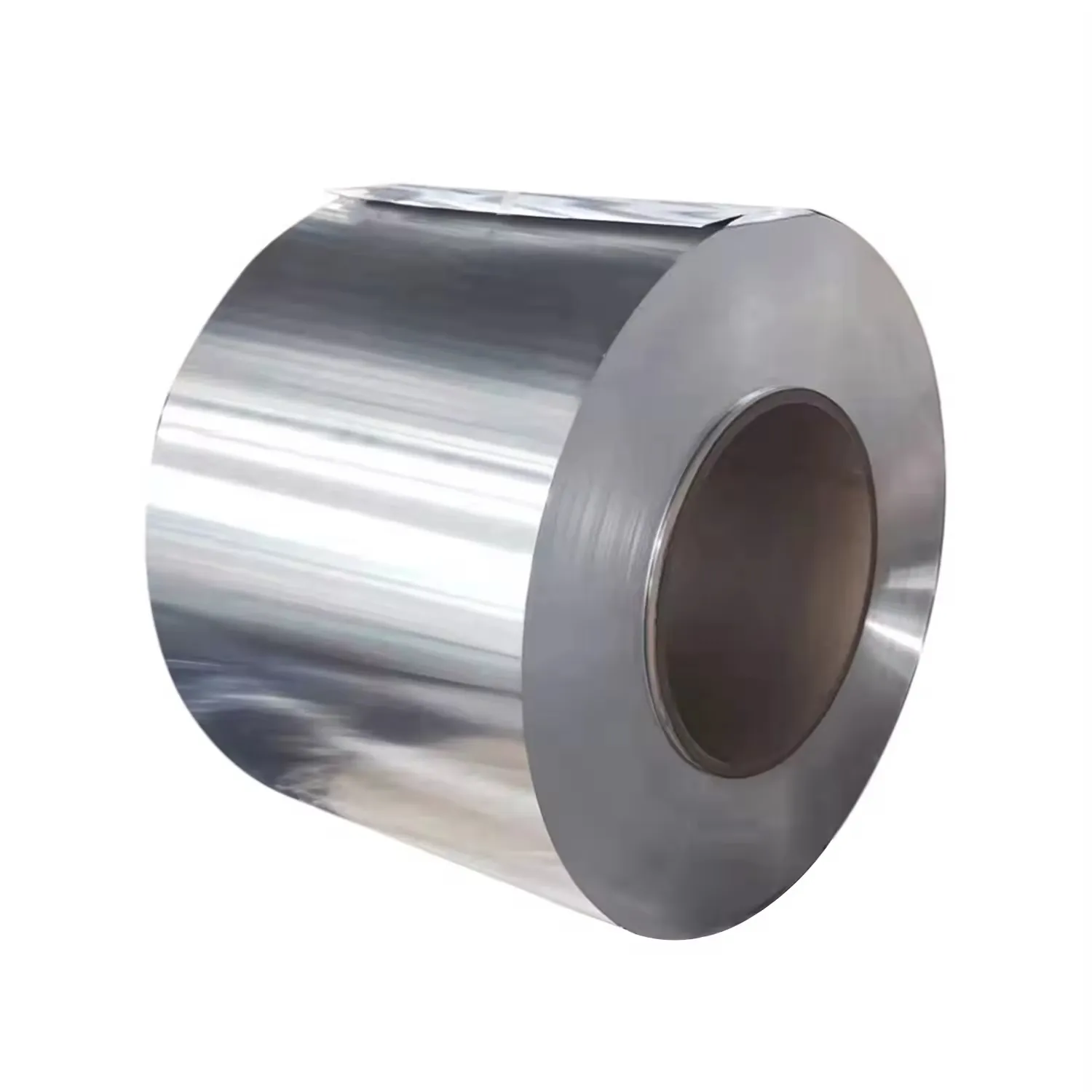Carbon steel coils for shipbuilding are specialized materials designed to withstand the harsh marine environment, combining high strength, corrosion resistance, and formability for hull construction and marine components. These coils typically use low alloy high tensile steel or marine grade carbon steel, with controlled chemical composition to prevent brittle fracture in cold seawater conditions. Key properties include high tensile strength (450 600 MPa), yield strength (315 420 MPa), and excellent impact resistance at low temperatures (tested at 40°C for some grades). The coils undergo hot rolling or cold rolling to achieve precise thicknesses (4mm to 30mm) and widths suitable for hull plating, bulkheads, and deck structures. Surface treatments like hot dip galvanizing or anti fouling coatings are applied to resist saltwater corrosion and marine biofouling. Shipbuilding coils must meet international maritime standards, such as those set by ABS, LR, or DNV GL, ensuring compliance with safety and performance requirements. Formability is critical for shaping complex hull curves, with coils designed to withstand bending and rolling operations without cracking. Manufacturers of shipbuilding carbon steel coils invest in advanced testing, including ultrasonic inspection for internal defects and tensile testing to verify mechanical properties. As the maritime industry shifts toward larger, more efficient vessels, these coils play a pivotal role in enabling stronger, lighter ship designs while maintaining durability in challenging ocean environments.


